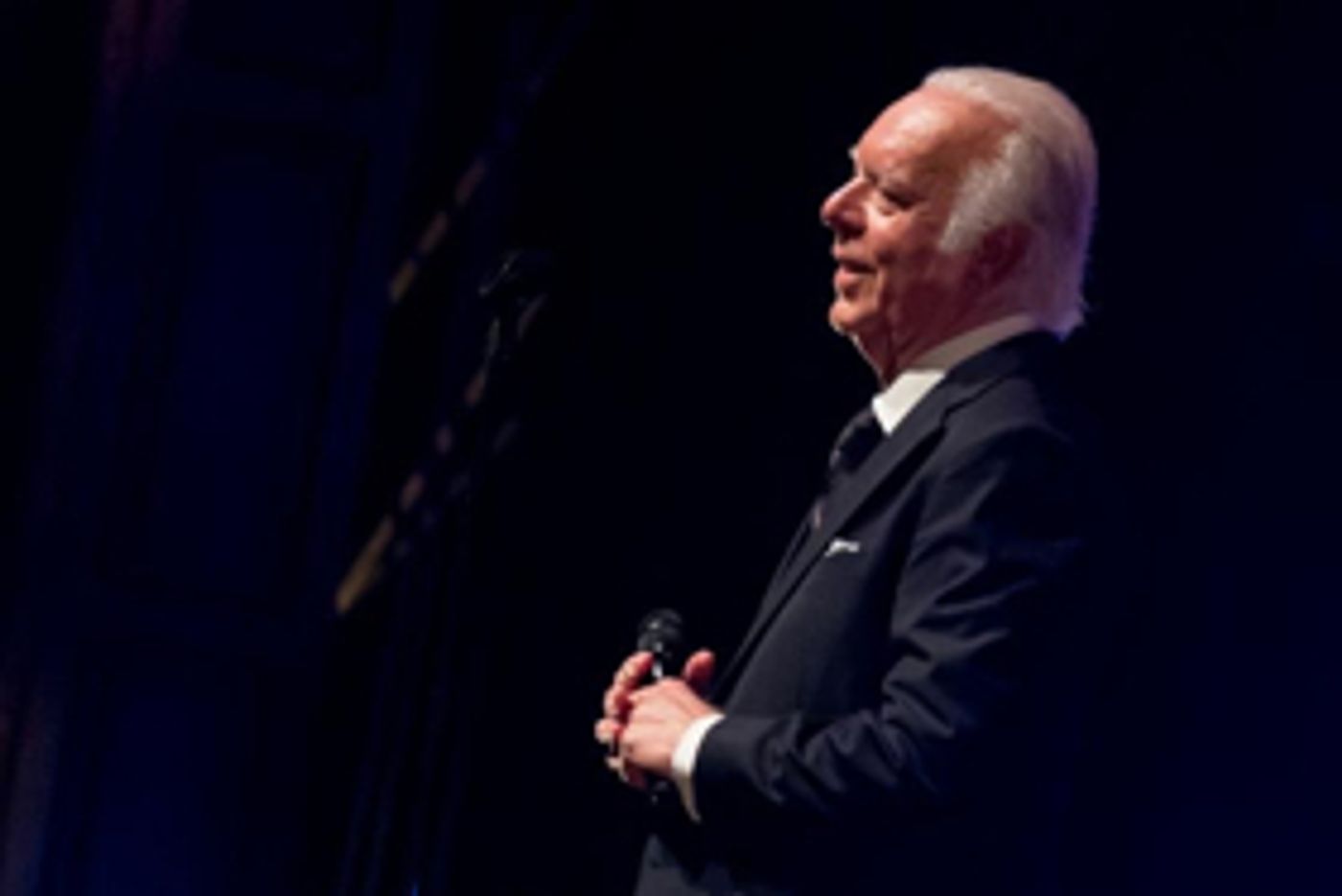Two Icons of Portugal's Great Fado Tradition Together for the First Time in New York

Portuguese singer Carlos do Carmo stands at the center of much of fado's history over the last 50 years, a singular voice that has resonated with generations of listeners throughout the world and which will be heard in his Town Hall debut in New York City on April 7, 2018. Carlos do Carmo will be joined by special guest Celeste Rodrigues, a singer perhaps best known internationally as the sister of fado's greatest diva, Amália Rodrigues, but who, at 95 years of age, is regarded within Portugal as one of fado's most vital and vibrant links to its distant past.
The extraordinary career of Carlos do Carmo has included dozens of album-length recordings and thousands of performances for audiences worldwide, drawing on a deep and highly influential repertory of fados that speak of love, loss and the eternal enigma of Portuguese saudade. His accomplishments have been recognized through multiple national and international awards, including a Latin GRAMMY Lifetime Achievement Award in 2014, citing him as "one of the most iconic voices of Portuguese music."
Carlos do Carmo's professional career began at age 23 when he performed at his family's storied fado house, O Faia, located in the Lisbon neighborhood of Bairro Alto. In the ensuing 50-plus years, his recorded and live output has been prodigious. Even the 10-CD collection 100 Canções (2010) can only be viewed as a sampling of "the best of the best."
His landmark 1977 recording, Um Homem na Cidade, is a deeply affecting musical portrait of post-revolutionary Lisbon, with all of its glorious beauty, contradictions and mystery intact. The 1974 revolution had overthrown the regime linked to Europe's longest-ruling dictator, António Salazar, and precipitated Portugal's first steps towards modernization. As Carlos do Carmo remembers, "When the revolution came, the difference was total: you could breathe. There were no restrictions." Widespread censorship and control in society had yielded to a more dynamic tension between the country's ingrained conservatism and its emerging liberties of expression. Um Homem na Cidade captured this moment through haunting, ethereal works such as "Rosa da Noite," "Fado do Campo Grande", and the record's title track.
The legendary singer's many live recordings, most notably those commemorating the 25th and 35th years of his career, render not merely the high points--such as the songs "Canoas do Tejo," "Loucura," and "Lisboa Menina e Moça"--but also the template for the sound of contemporary fado. As Carlos do Carmo describes it, fado is "a mysterious and genuine song. To sing and to listen to fado you have to have heart and soul." The music of fado -- strophic and flexible, resolutely traditional yet demanding innovation -- works best when the artists have lived within it, seen life through it, and explored how a single music can filter the complete spectrum of human experience. Just as Carlos do Carmo has done.
Photo Credit: Feligenio Medeiros
Videos

